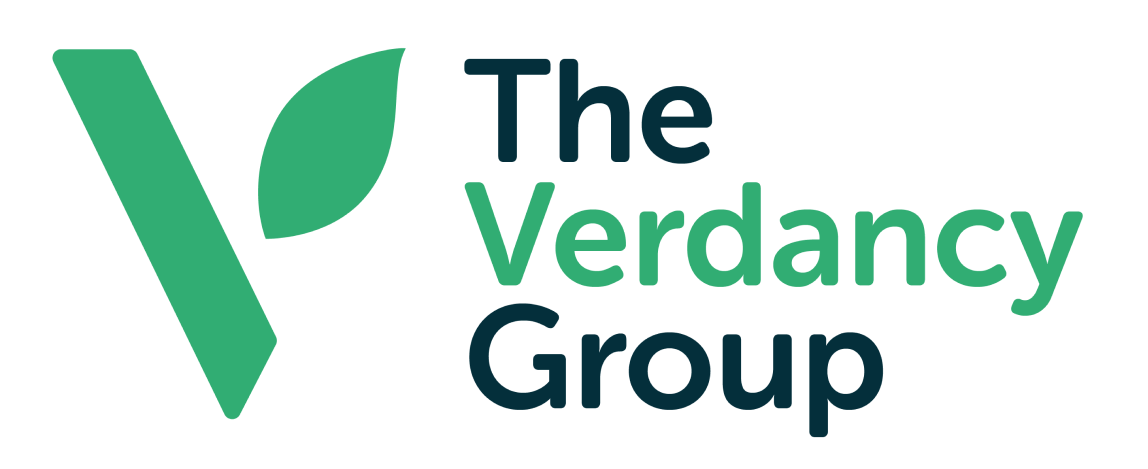Register for FY25
Full-Year Financial and Programmatic Results
What would happen if being different…just meant being different?


Rigid academic and social expectations could wind up stifling a mind that, while it might struggle to conjugate a verb, could one day take us to distant stars. www.templegrandin.com
April is International Autism Awareness Month. It is so designated to raise awareness about autism and to promote the concepts of inclusion, self-determination, acceptance, appreciation, and the opportunity for those with autism to achieve the highest quality of life.
When you hear the word autism, what is the image that immediately comes to mind? What words do you use to describe someone with autism? Whose face do you imagine?
I suspect that the first image that comes to mind is not the face of Einstein or van Gogh or Steve Jobs. And yet, according to the 2013 American Psychiatric Association’s revised definition of autism, the spectrum can range from brilliant inventors and creators to those who are not capable of feeding or dressing themselves. Autism is part of a continuum with a broad range. Many of our most capable and creative leaders may touch on the spectrum.
And yet, we tend to label those with autism as disordered or abnormal, with an irregular pathology. We tend to make assumptions based on our experience in the media or in life. We assume that our experience is the prevailing reality.
What if we were to look at those who are not like us as just… different? What if we didn’t socially pathologize autism, or, for that matter, any type of developmental—or cultural—or economic—or social—difference?
All of us are different in some way. We each have our own biological and cultural differences, which many of us hide or keep secret because we don’t want to be labeled. Some of us come from extreme poverty. Others of us are recovering addicts. Some of us have been incarcerated. Others of us are over 55. For each of these “populations,” there is an overarching definition or label that does not necessarily account for our strengths, our abilities, our talents, or the things that make us unique.
Temple Grandin is a remarkable advocate for autism awareness. She is a professor of animal science and a consultant to the livestock industry. In 2010, she was named by Time Magazine as one of the 100 most influential people in the world. When she was two years old, she was diagnosed with “brain damage.” She came from an affluent family who could afford tutors and nannies and other helpers to guide her through school. Otherwise, she would have been institutionalized as most people like her would have been. Dr. Grandin uses her strengths—her ability to see things differently from those of us who are labeled as “normal”—to not only create and invent methods for keeping livestock, but also to raise awareness about autism. (For an animated interview with Dr. Grandin, check out this interesting video: https://youtu.be/Ifsh6sojAvg)
Dr. Grandin is just one example of what could happen if we were to question our assumptions about the labels we tend to assign to others.
What words might we use to describe those who are different from us in a way that doesn’t pathologize or stigmatize them?
What is it we think we know about another person?
As always, I welcome your thoughts.
-min.avif)


